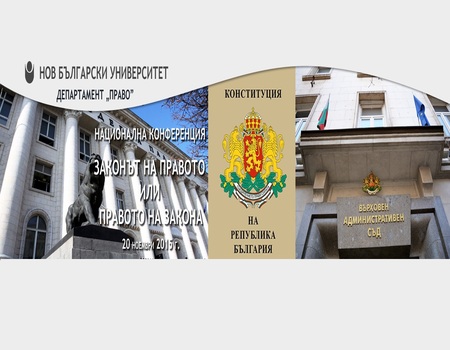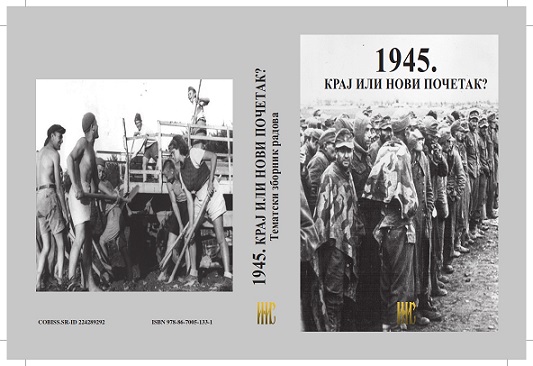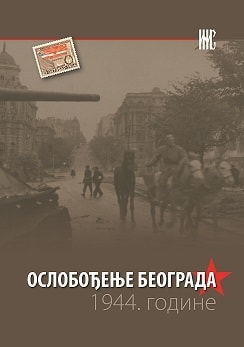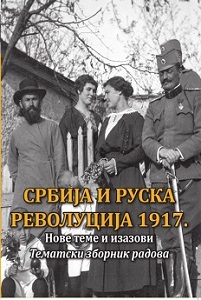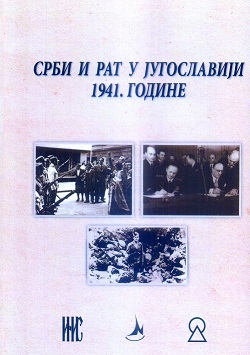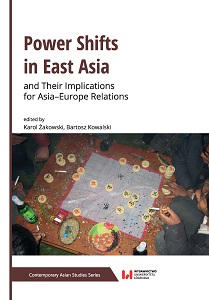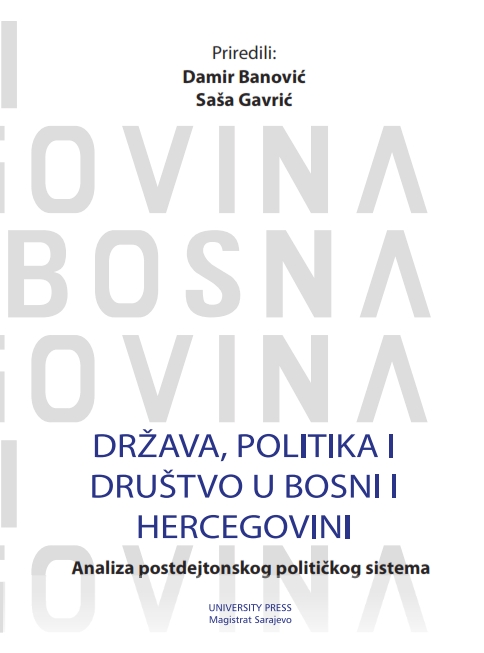
RAT KAO UNUTRAŠNJI DOŽIVLJAJ
Kada sam pošao u rat radovao sam se, verovatno kao i svaki mladi čovek tih dana, onome što je nejasno stajalo pred nama. Slutili smo da će se taj doživljaj duboko i snažno odraziti na naš razvoj i u njemu smo videli kratku, veliku školu iz koje ćemo se vratiti ili kao ljudi, ili se uopšte nećemo vratiti. Mi smo naraštaj kome smo pripadali smatrali starim, i činilo nam se kao čudesan san da možemo sa oružjem u ruci, sa svim što smo mi doprineli, da ratujemo za slavu zemlje. Osećali smo da smo dorasli odgovornosti koja se iznenada svalila na nas, da je istorija u nama oživela i učinila nas delom plodne i jedinstvene snage. Reč otadžbina promenila nas je iz osnova i kao nekakva čarobna formula ona je bila rešenje nesloga i razdora koje je svakog zadovoljavalo. Za oružje sposobna omladina našla se u punom broju u pukovima; ona je delom pokazala da je dorasla zadatku koji je vreme pred nju postavilo i da zemlja na nju može da se osloni.
More...
